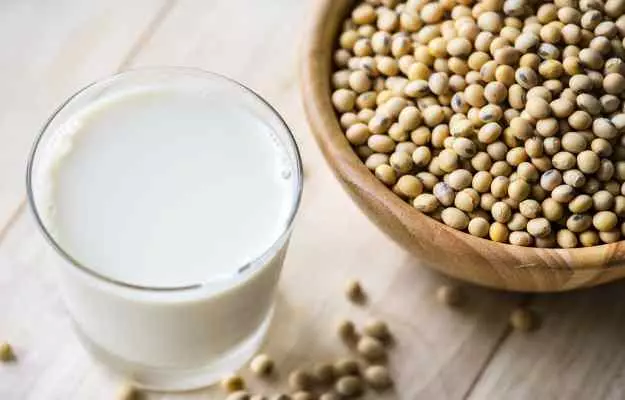You might have seen an entire non-dairy section at your local supermarket or advertisements for non-dairy products and wondered what these were about. The fact is that non-dairy alternatives for dairy products like milk, butter, paneer and cheese are gaining popularity across the world. This is primarily because of ethical concerns about how the consumption of dairy products is based on the exploitation of animals.
On the other hand, the gradual yet rising popularity of products like soy milk, almond milk made from almonds, oat milk from oats, coconut milk from coconut, rice milk from white rice, cashew milk from cashew nuts and even hemp milk from hemp seeds also has a nutritional aspect. These plant-based foods not only contain good quality proteins and many essential vitamins and minerals but are also often reinforced with other nutrients. What’s more, since non-dairy products like soy milk do not contain the same kind of proteins as dairy products like cow’s milk, they are unlikely to cause lactose intolerance.
However, scientific evidence also shows that soy milk does not have the same nutritional value as dairy milk since it lacks all the amino acids that animal products contain. Moreover, manufacturers often include added sugars, salt and thickening agents like gellan gum - all of which can also affect the nutritional profile of soy milk. So, is adding soy milk to your diet, whether you follow a vegan diet or not, beneficial for your health? Read this article to find out.










































